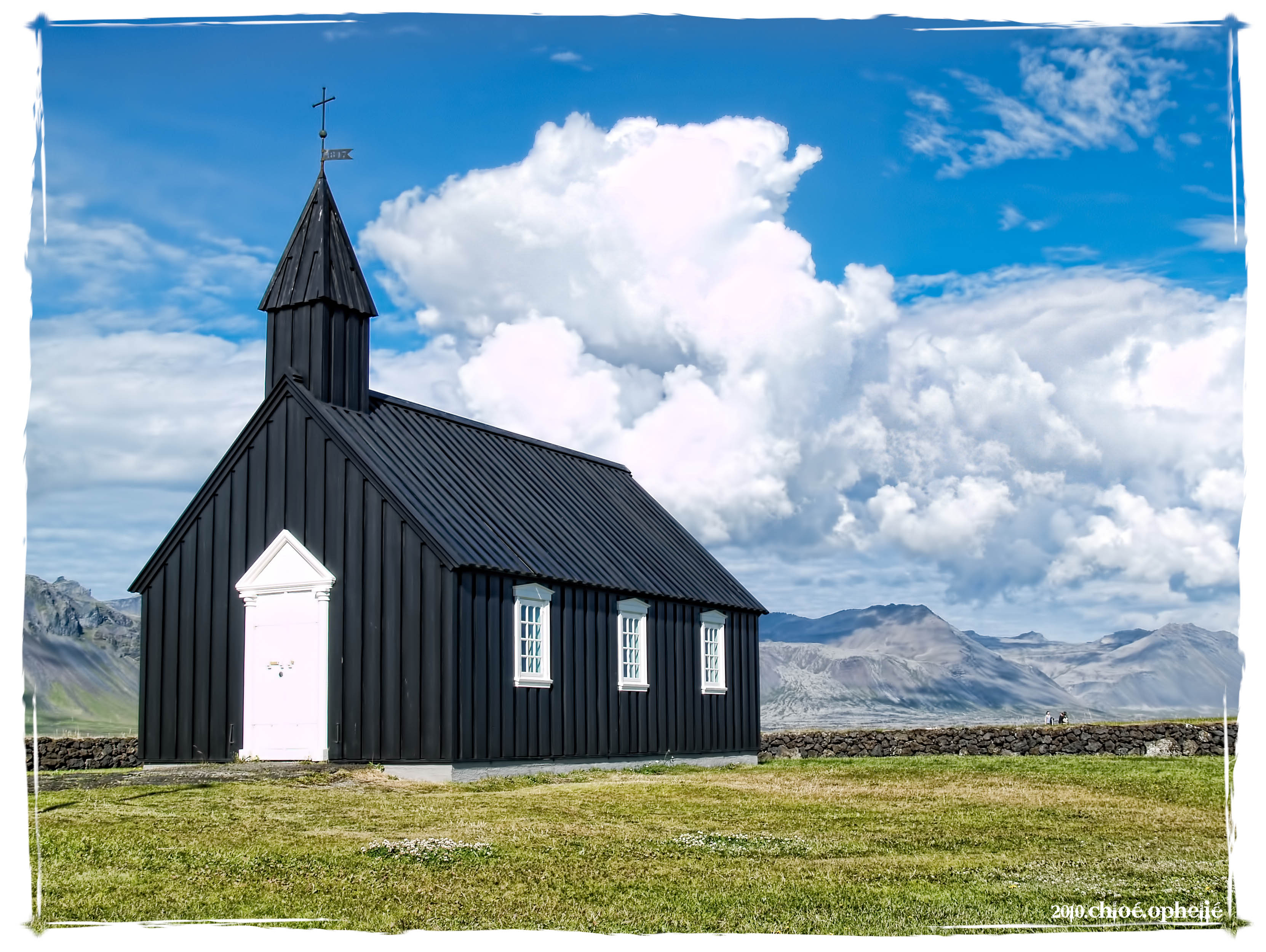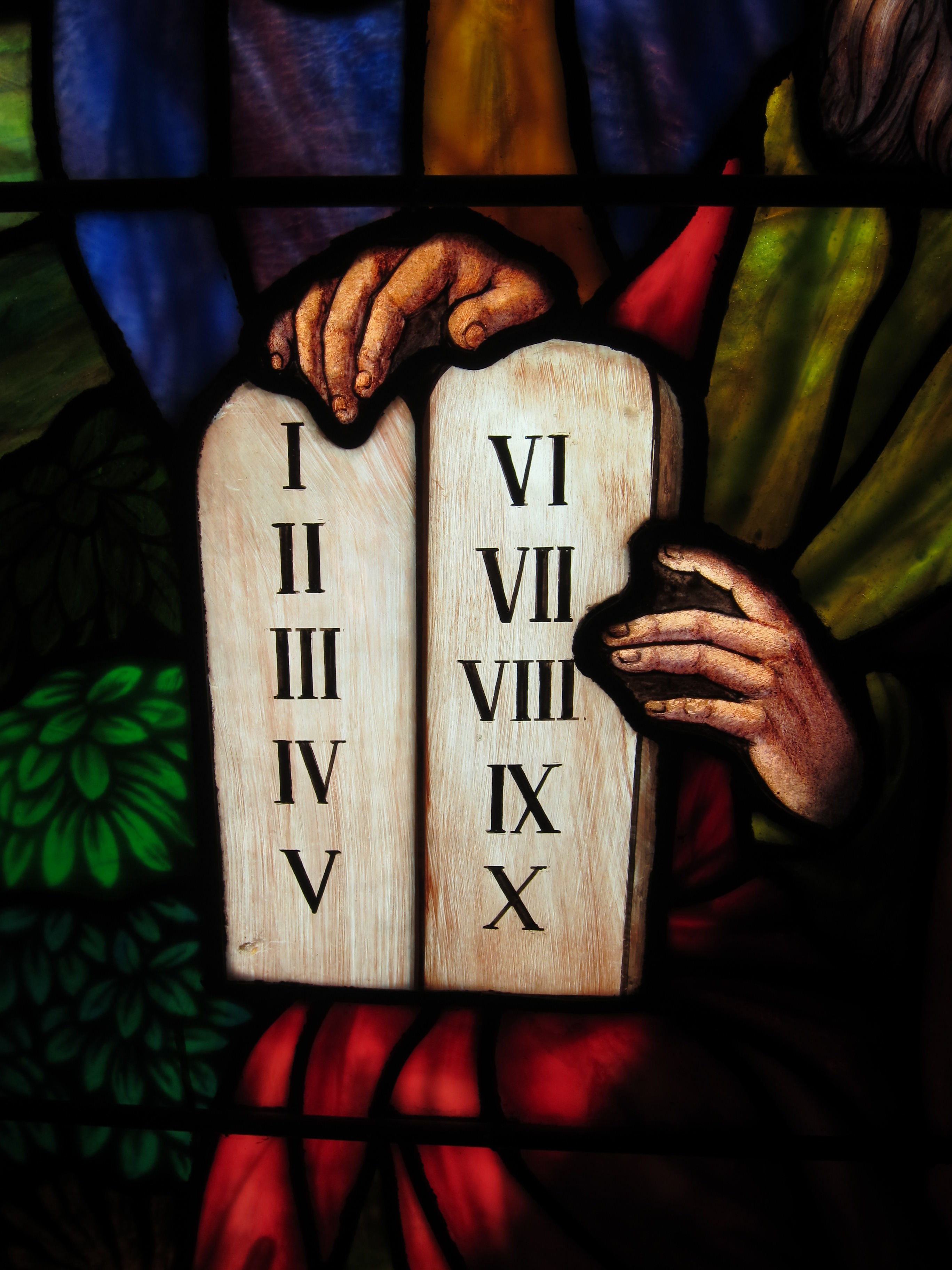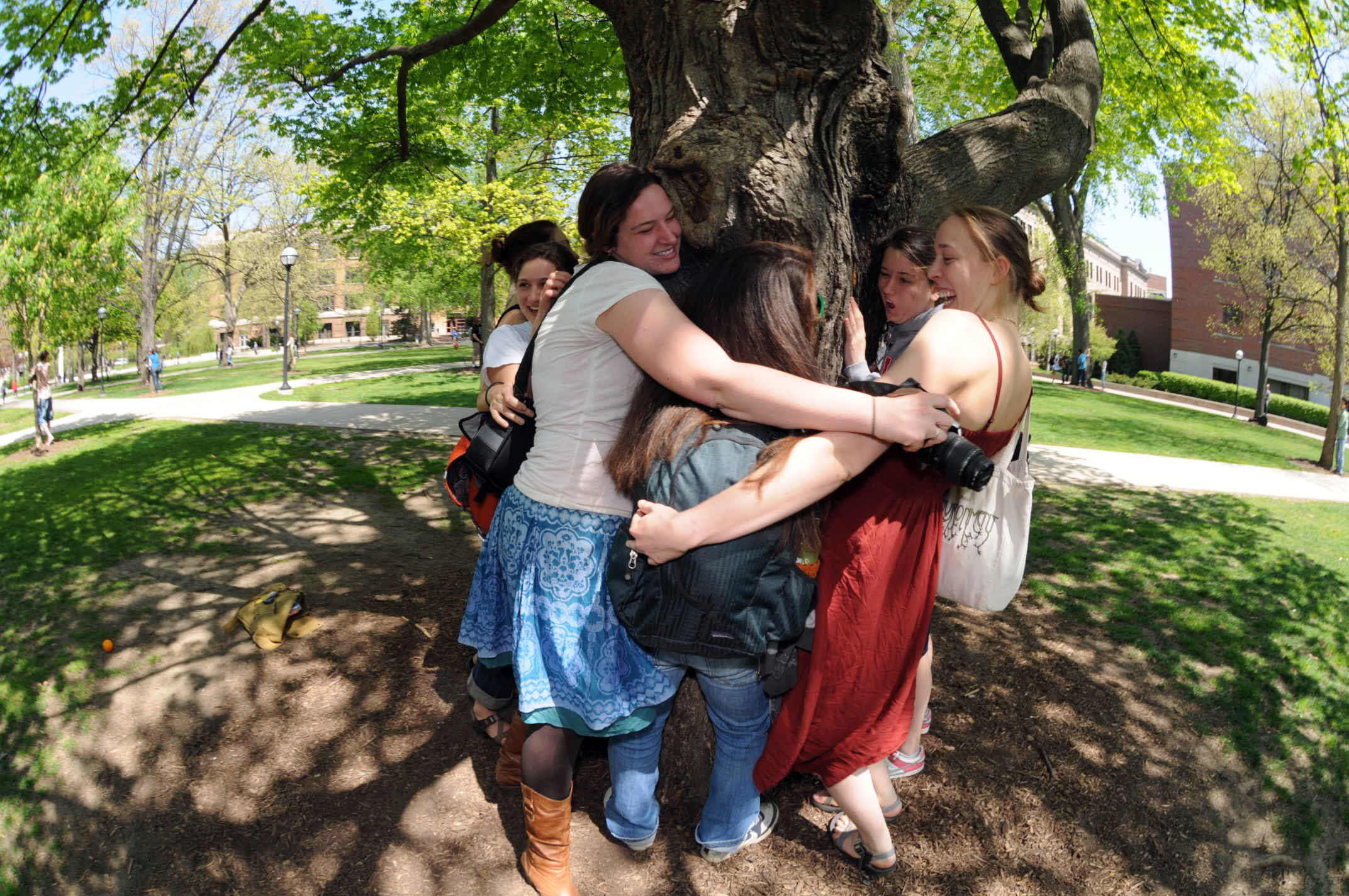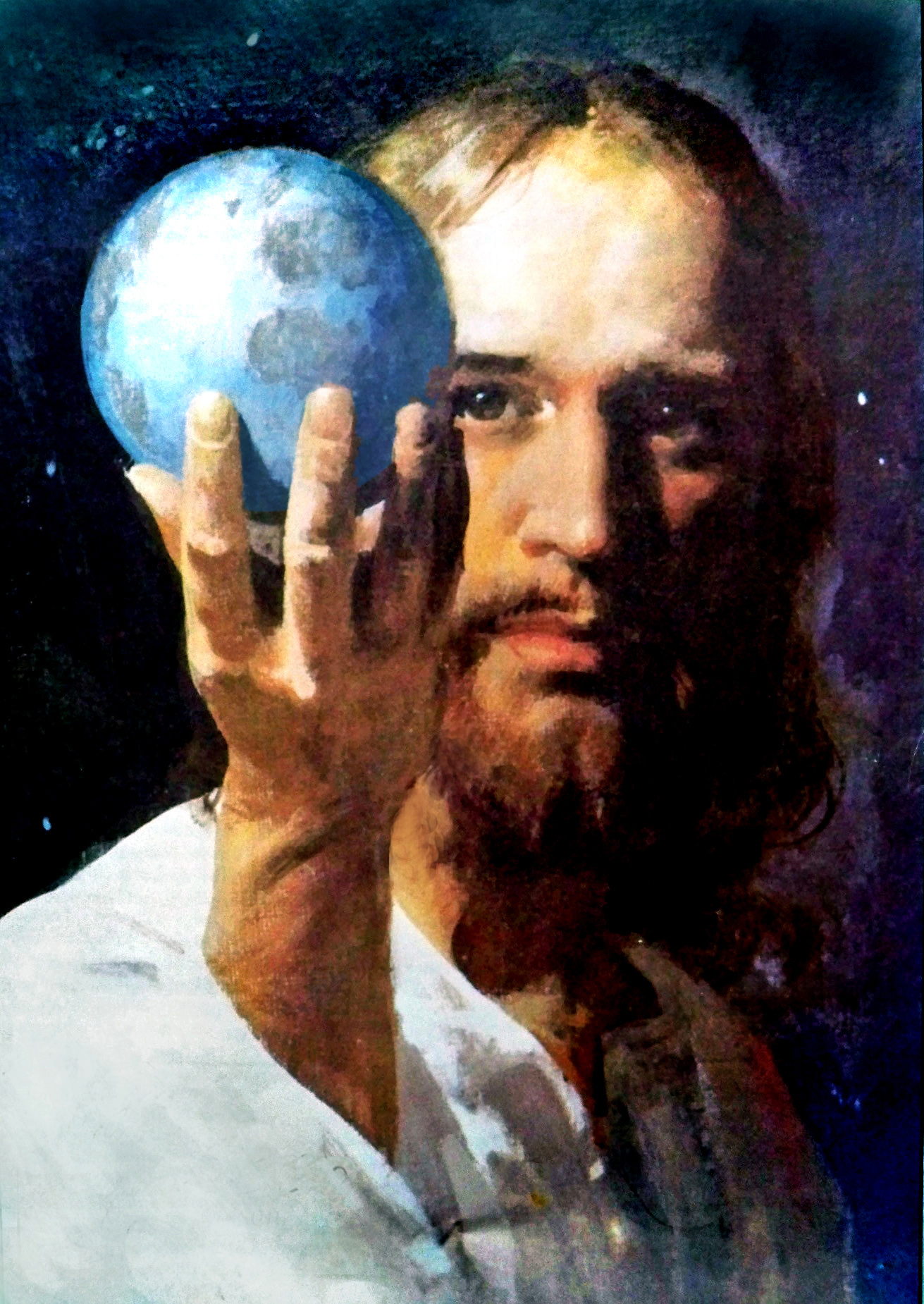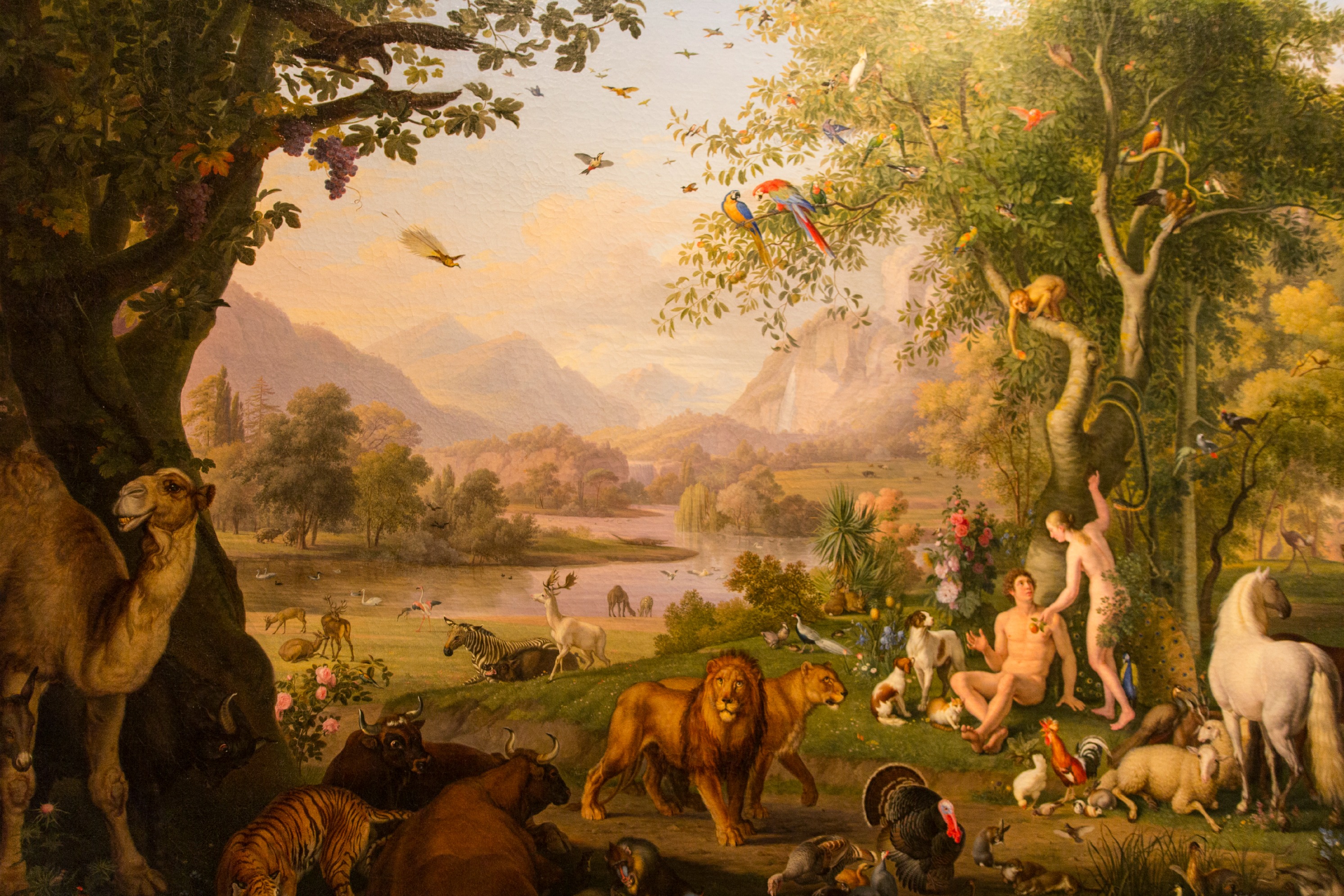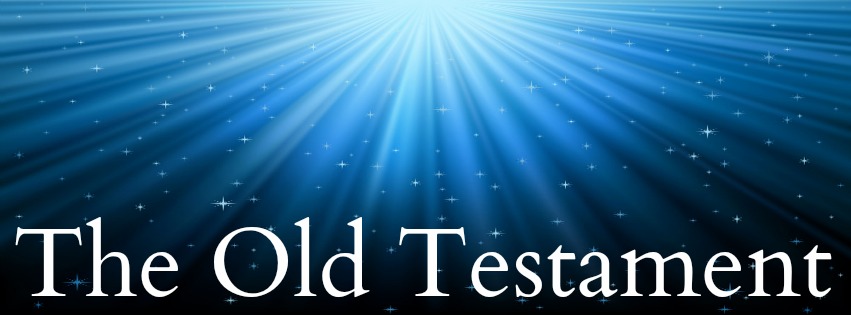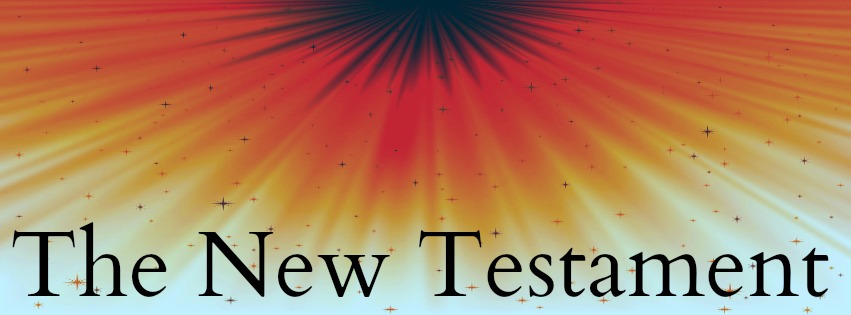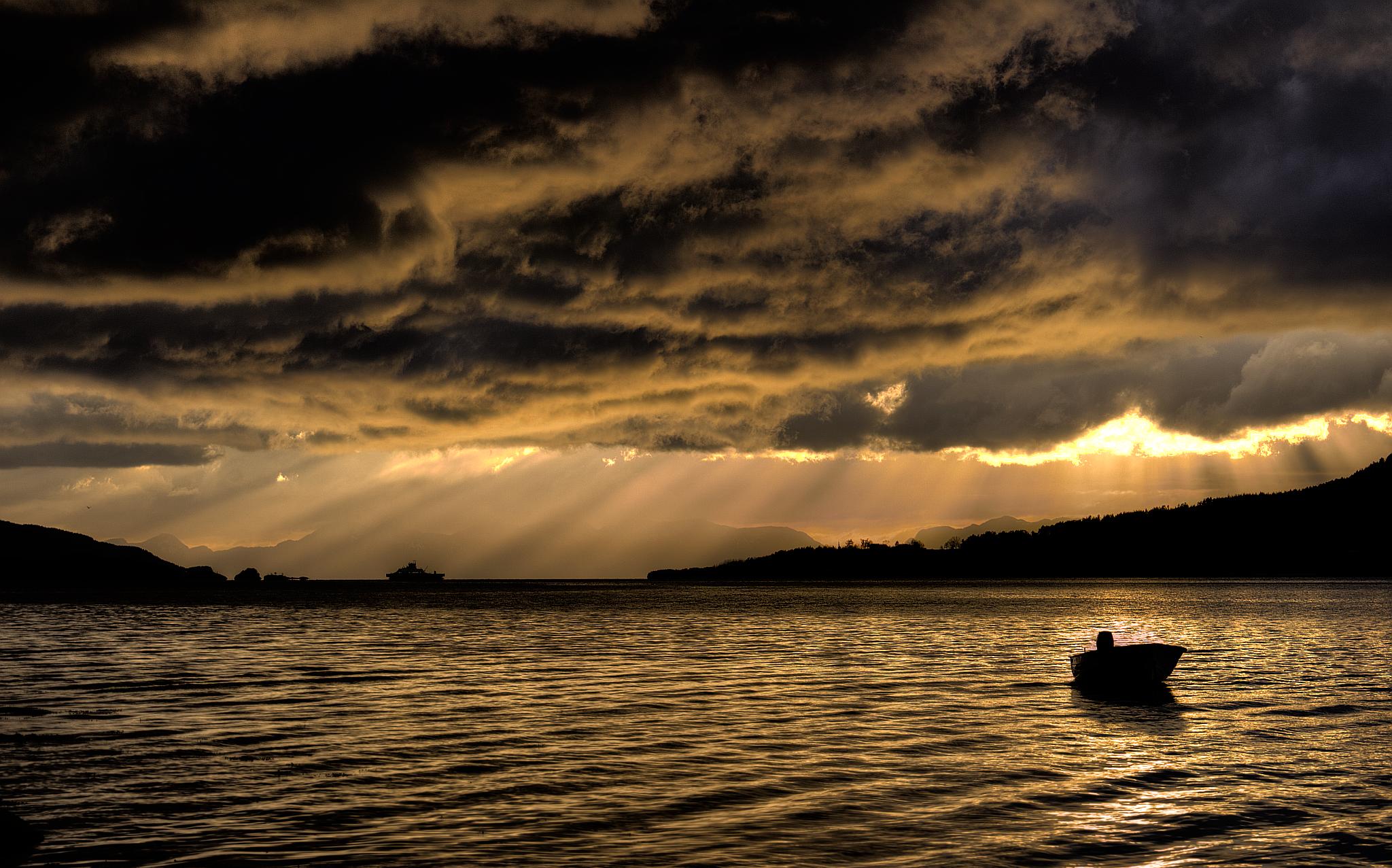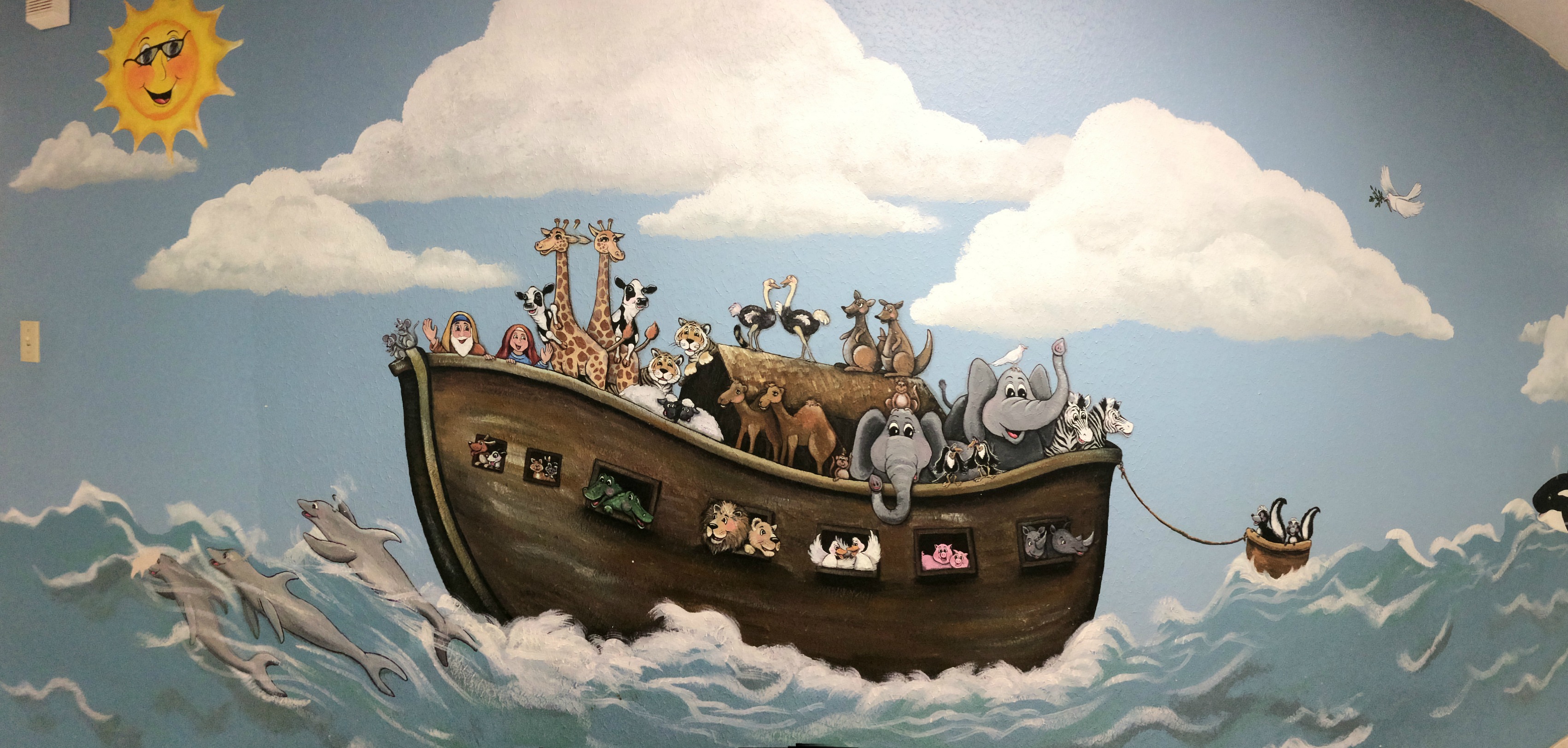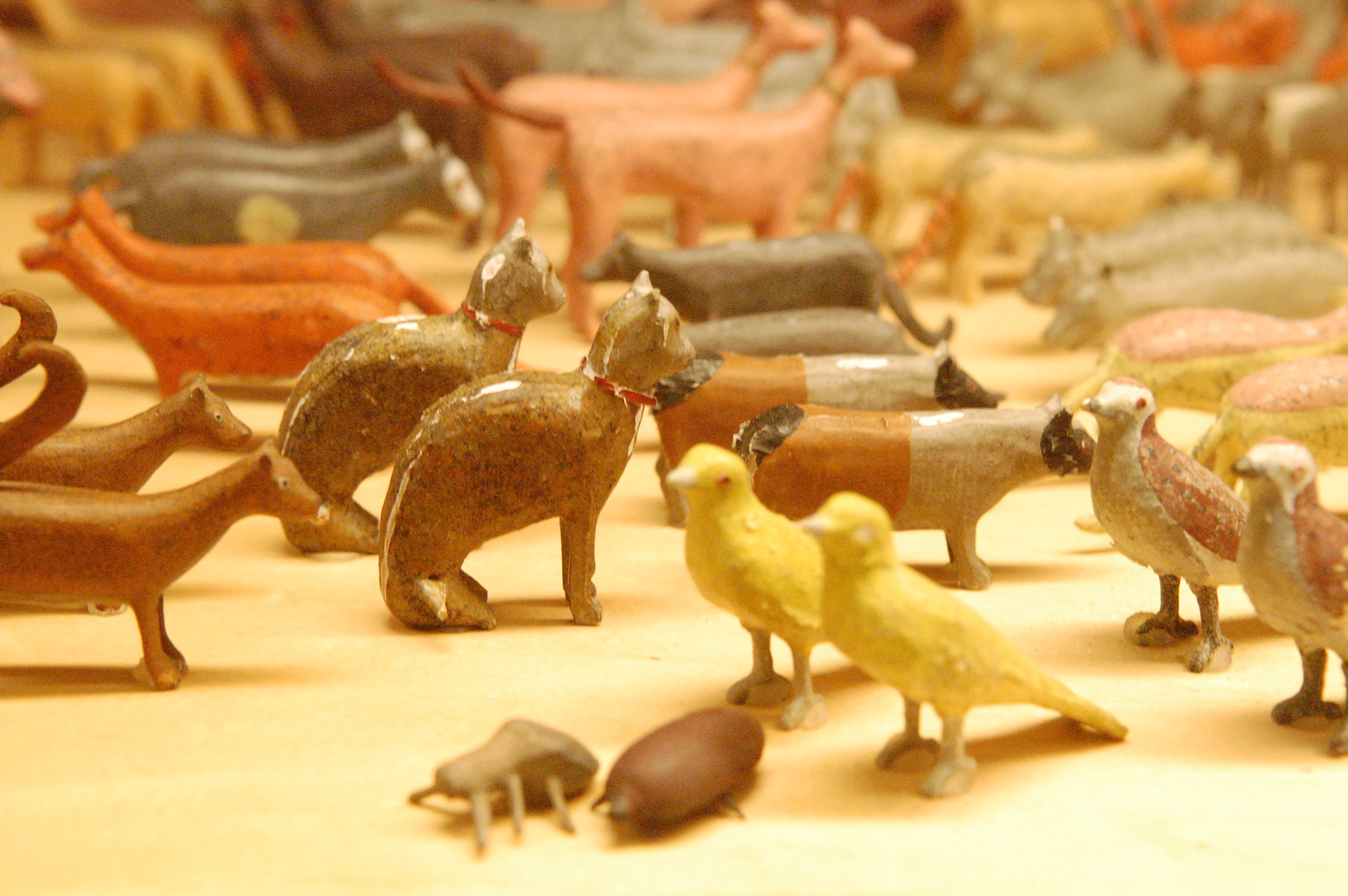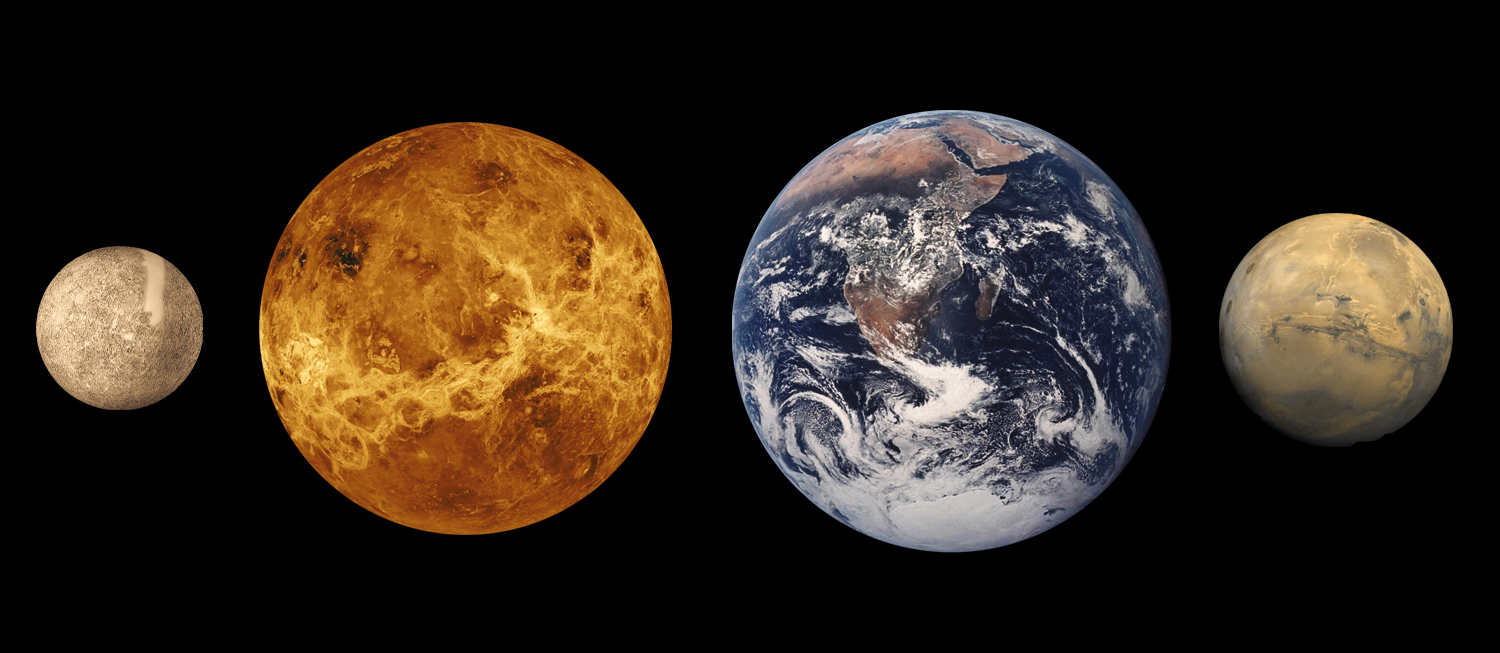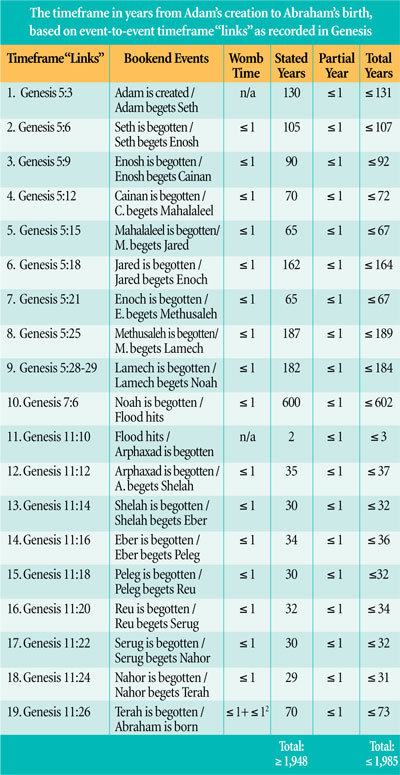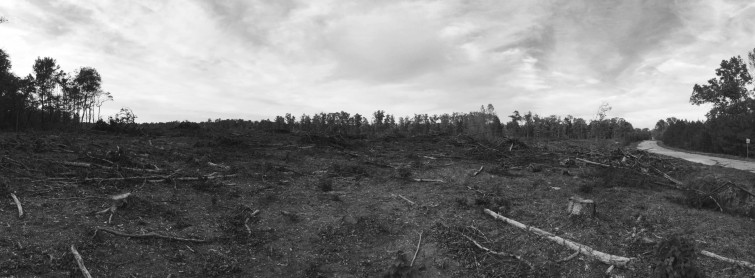The Bible, as we have seen, is full of beautiful things to say about God’s creation, and is clear that humanity is called to love and nurture it as part of our earthly responsibilities.
The focus of Creation Day is to take the time to find ways to praise God and his created order. This includes animals, plants, the solar system, humanity and the environment – all the parts of the created universe. The earth is an incredible and complex place and is really quite magnificent. It contains millions of vibrant and complex ecosystems which support the ideal conditions for many forms of life. It is a wholly remarkable, intricate created work of art that is certainly worthy of our attention.
There are many ways to praise God’s creation but the most popular ones include taking the time to reflect on God’s creation, and taking actions to help his creation. As Christians, we are called by God to speak out, act and advocate for things which affect God’s creation. One of the ways that we can act is by celebrating Creation Day as a national holiday.
I think if you really think about it, you will see that reasons to celebrate Creation Day are a no brainer. But…just in case you need further convincing, here is a list of five reasons why you should celebrate Creation Day;
REASON 1 – Because Creation Deserves It
For many churches, biblical holidays and themes are the perfect cause for a special celebration.
It is quite common for churches to dedicate services to these specific themes. Annually, most churches commemorate Christ’s Crucifixion in a Good Friday service; celebrate His resurrection in an Easter Sunday service or celebrate Jesus’ incarnation at Christmas. Some churches even dedicate monthly services to certain themes such as ‘Communion Sunday’ or ‘Baptism Sunday’.
Despite all of these fantastic reasons to celebrate, we fail to dedicate a service to the doctrine of creation, and set aside a ‘Creation Day’ to worship the creative work of our God. Creation is one of the main themes in the bible and yet we don’t seem give it the same special treatment that these events receive.
The bottom line? If a special service is good enough for Ash Wednesday and Christmas Eve Candlelight then it’s good enough for creation.
REASON 2 – Because The Ten Commandments Honors Creation
Creation is mentioned several times in the Decalogue.
In Exodus 20, we are told;
“…the seventh day is a sabbath to the Lord your God; you shall not do any work—you, your son or your daughter, your male or female slave, your livestock, or the alien resident in your towns…
…for in six days the Lord made heaven and earth, the sea, and all that is in them, but rested the seventh day; therefore the Lord blessed the sabbath day and consecrated it.”
The fact that the Ten Commandments mentions creation, and places such an emphasis on the Sabbath indicates a need for us to honor it also by dedicating one of these the Sabbath days to reflect on, and act upon, God’s creation.
REASON 3 – Because It Forces Us to Set Aside Time To Act
Creation Day not only offers an opportunity to reflect on God’s creation. With some planning and passion you can also take advantage of the special day to do something which serves creation.
Some ideas might include:
- Holding a Creation Day themed service at your church
- Handing out flyers addressing a specific issue
- Changing the light bulbs in your home to eco-bulbs
- Starting a compost heap in your backyard
- Hosting a coffee afternoon and serve organic food and fair trade coffee using re-usable plates, cups and napkins
- Inviting a guest speaker to your church to talk about relevant issues
- Planning or take part in a community service project such as a local clean up
- Cleaning up the church grounds and establish some eco-friendly aids such as setting up barrels to catch rain water
- Going on a hike at a local trail
- Holding a Creation Day festival at your church and ask local environment groups to set up informative booths or local produce growers to sell their products
- Holding a church service outdoors
REASON 4 – Because It’s The Least We Can Do!
It goes without saying, but celebrating Creation Day is really the very least that we can do. I think we can all agree that without God’s gift of creation, we would not be here. I can’t think of a better to reason to celebrate Creation Day than because of our sheer existence!
As well as being able to participate in creation, God also gave us the ability to truly engage in it. God could have simply put us here with the need to eat to sustain ourselves but without giving us the opportunity to really savor our food. But he didn’t! He bestowed on us the gift of taste which allows us to enjoy eating. We have eyes which see colour and nature, the ability to smell food and flowers, the ability to hear the sounds of animals, and touch so we can feel the world around us. Creation is the gift that keeps on giving.
Creation gives us cause to celebrate each and every day and at the very least, and it deserves one special day where we pay tribute to this amazing privilege we have been given.
REASON 5 – Because Through Creation God Will Redeem The World
In Christ’s life, death and resurrection, humanity and the entire cosmos was brought back into right relationship with God.
In Genesis we saw that God looked at his creation and declared it to be good. Created with inherent goodness, humanity’s fall into sin meant that creation’s order was disrupted. Since the fall people have continued to misuse the earth, participating in a process that has caused deterioration in many areas of the world, and of life.
God’s overarching redemptive plan for the world is to restore his creation to its original goodness. We must dedicate ourselves to participating in the redemption that God has planned for his creation. Pledging ourselves to a thorough and committed participation in Creation Day is a great step towards caring for God’s redemptive purposes.
So what are you waiting for? Start celebrating creation!
Celebrate the trees, the animals, the birds, the fish, the flowers, the mountains and the people. Praise God by enhancing your appreciation for his creative work and celebrate Creation Day.
You might start by signing the petition to establish Creation Day as a national holiday. To sign, go here.
Last week we looked at the theme of creation throughout scripture, from the creation of the earth in Genesis to the establishment of God’s new, eschatological creation which is yet to come.
If you missed the article, you can read it here


